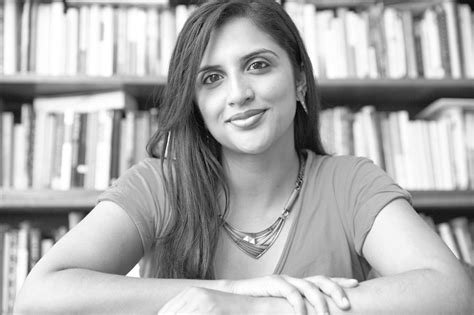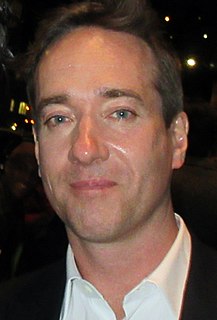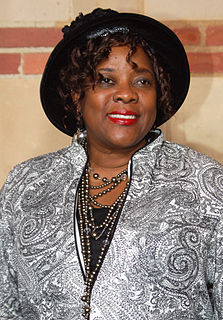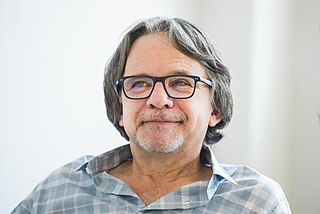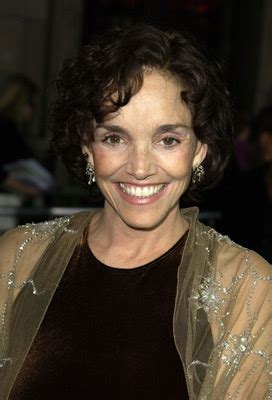A Quote by Nell Scovell
It's notoriously difficult to get actors to go on record speaking about other actors. Such requests are usually met with terse replies from publicists explaining that their clients are on set and too busy to reply.
Related Quotes
To go into more specifics regarding actors, whether they're from Korea or the U.S., all actors know if they are loved by the director. When they feel that love from the director, they respond by giving a great performance on camera. Also, everyone on set - the crew, the actors - they were aware of the film's message and its broad theme, so these big issues were never discussed on set.
Often you find actors have big hearts; they're quite emotional people. Talking to actors who date other actors, and talking to people who deal with other actors, they often get emotionally caught up in lots of different things. They often wear their hearts on their sleeves. They feel things quite a lot - often to the nth degree, which I can imagine could make it quite difficult to date some of us. I think it's about having an emotional availability that you can kind of draw on. But I'm also searching for that. I'll be searching for the answer to that question for the rest of my life.
There are etiquette things that actors, new actors, need to know about. Because it only takes one mess-up on a set to get fired. Not being where you're supposed to be or saying something to the wrong person that you're not supposed to say, and those are like basic things that the actors need to know.
I don't want to be like the actor who rehearses everything in the bathroom, then comes to the set and carries on completely uninterrupted while the other actors tiptoe away. I'm so dependent on reacting to the other actors on the set, and to the director. I'm very responsive. I react. And I treasure the energy that reaction gives. I feed off that and work off that. I don't like to be too prepared, no. However we define too prepared, if I feel it's getting that way, then I'll back off. My line-learning is very special. I like to learn the dialogue of the whole film before I arrive.
What I learned about acting, from my experiences directing, is why so many producers and directors don't like actors. You go through all of this work securing a location, figuring out how to get electricity there, how to get trucks parked where they need to be, and where catering is going to come from. And if the actors don't come up with some magic, it actually didn't matter. That creates a lot of animosity towards the actors.
Acting is a difficult profession, it really is. It's different than singing. With singing you may have one song and four people to record it - but they'll all do it differently and they'll all have that option. Whereas with actors there might be one part, and five hundred actors all want the same role - it's so much more competitive. It's an incredibly painful profession because you get so much rejection.
You work with every actor differently. It's like if you're a mother, if you have children, some children need more discipline. Other children you back off of a little bit and let them be. It's the same way with actors. Some actors need a lot of hand holding. Other actors like to be let be and you let them go. Some actors like to be nudged just a little bit. Some actors don't mind line readings.

